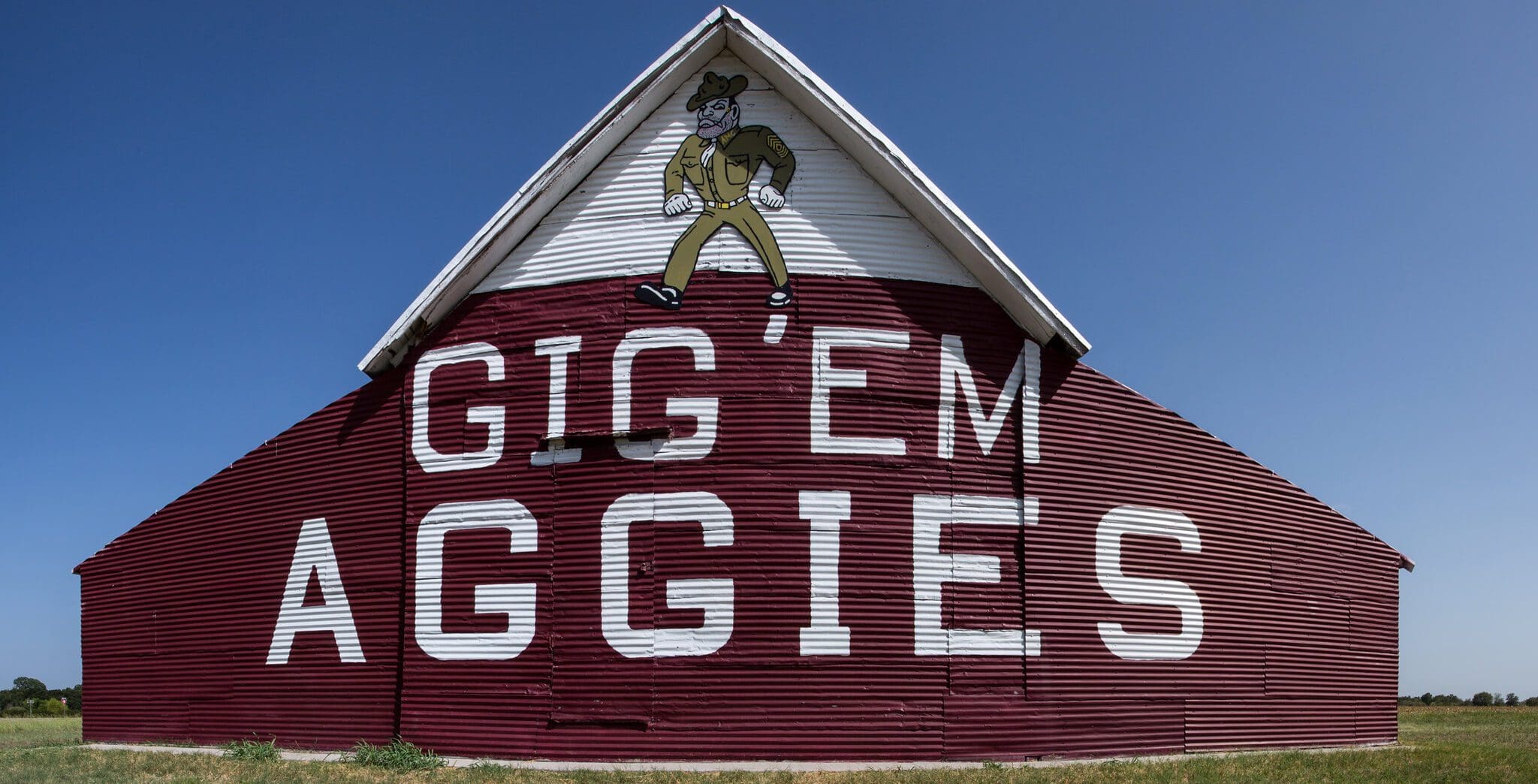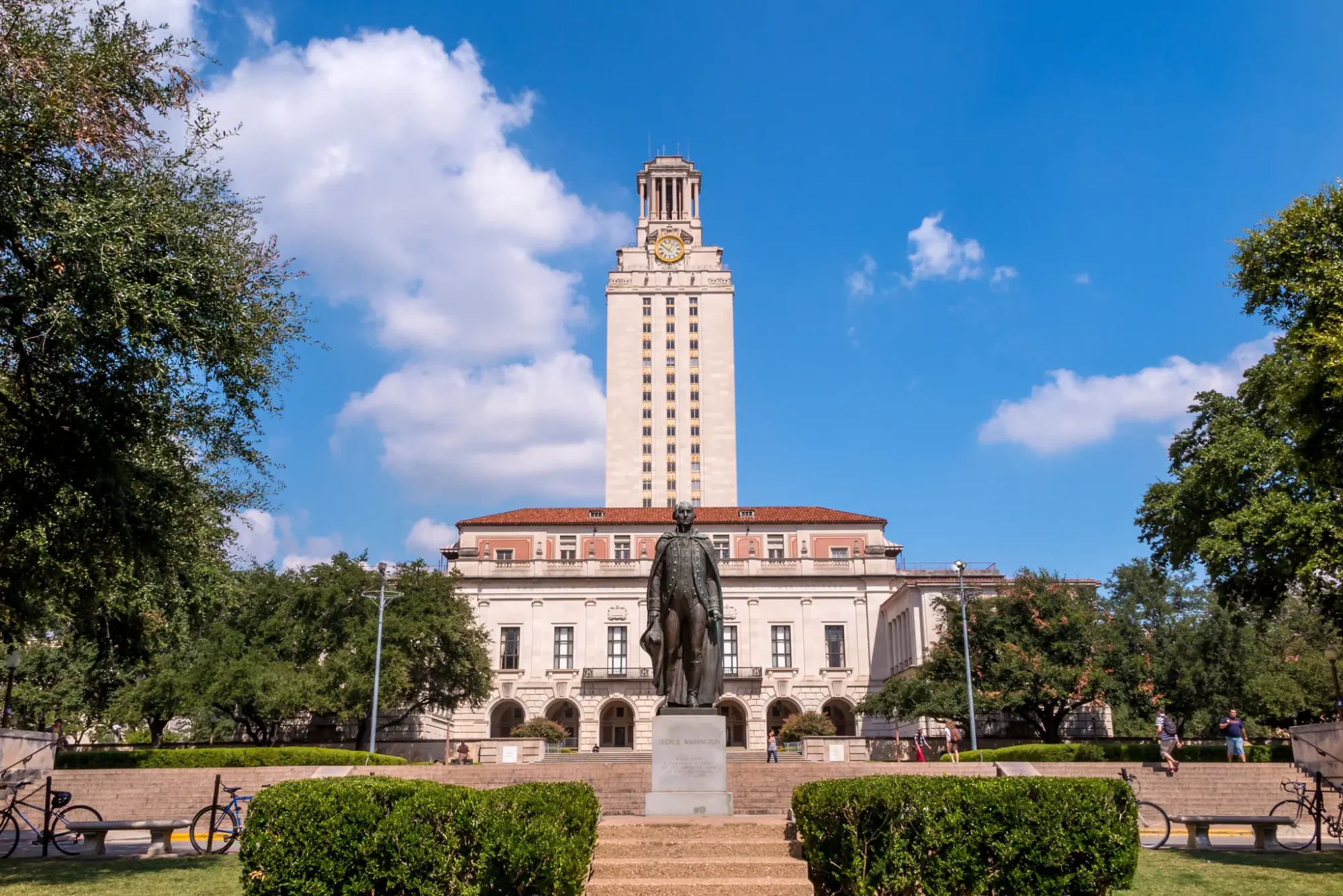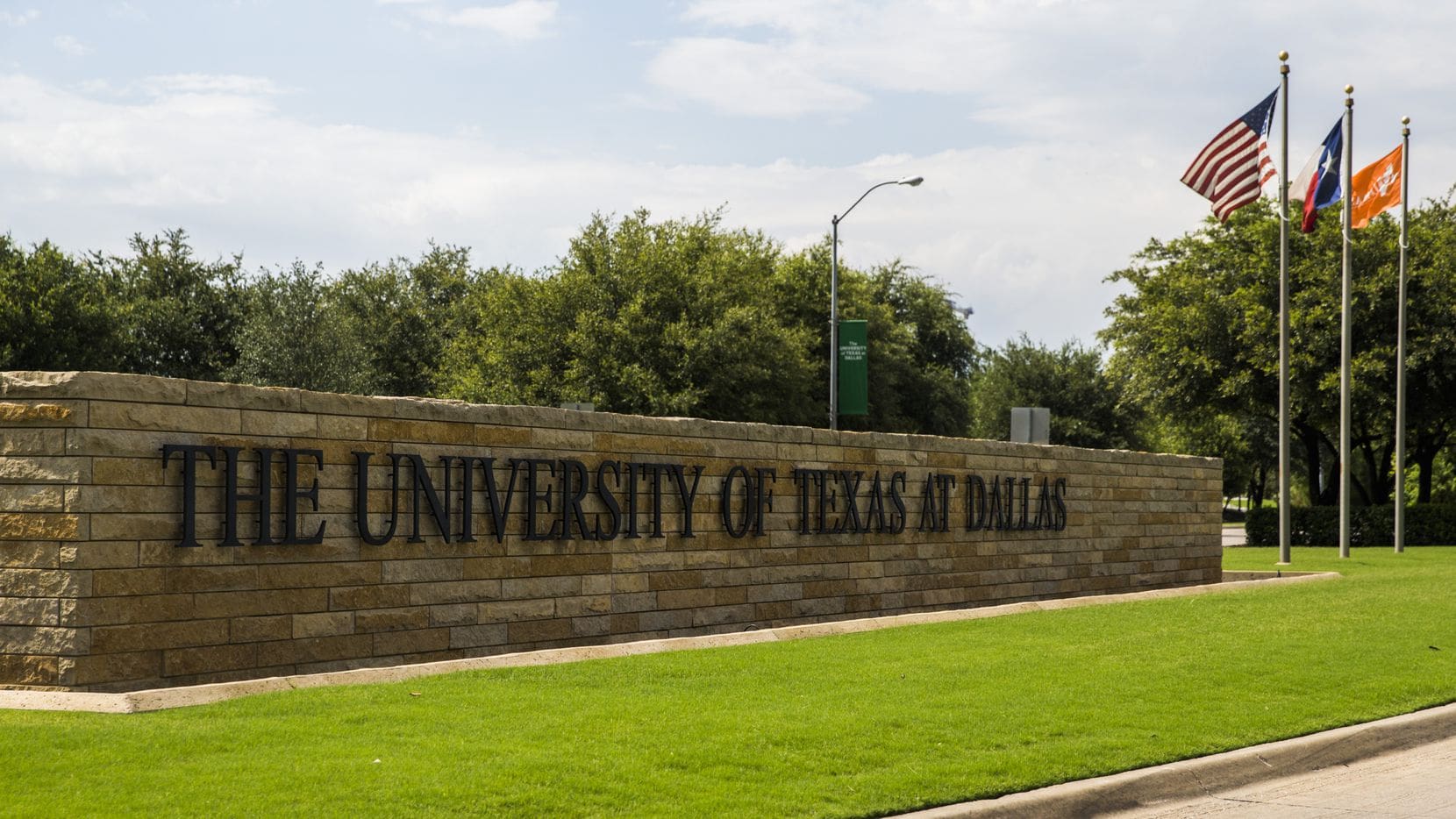With much debate regarding the hiring of Diversity, Equity and Inclusion personnel on university campuses, a new study reveals that Texas A&M’s practices have resulted in more students feeling like they don’t belong.
Scott Yenor, a professor of political science at Boise State University and a fellow at the Claremont Institute, showcased in a recent article that after years of the university implementing DEI programs, the majority of students don’t feel like they belong on campus.
During the 2010s, Texas A&M began to implement measures to create a more “inclusive” campus, implementing programs like ADVANCE, which addresses the focused goal of having more women in the science and engineering workforce. Over the years, the program’s focus has shifted from involving women to gender identity and racial inequity.
The university also implemented its 2010 diversity plan, which would become the cornerstone for all of A&M’s ongoing promotion of DEI.
But despite the university’s efforts to create a more inclusive environment, the campus climate in 2020 was worse than that of 2015 (according to the university’s own audits to measure whether students’ sense of belonging).
While 82 percent of white students felt like they belonged on campus, only 55 percent of black students and 76 percent of Hispanic students said the same; in 2015, 92 percent of white students, 82 percent of black students and 88 percent of Hispanic students said they felt like they belonged.
Yenor said Texas A&M has called for creating “education-activists” rather than addressing the main issue. In its 2020 report on diversity, the university said it needed to re-evaluate and dismantle practices and policies that promote “systemic racism.”
Dismantling systemic racism and discrimination requires an unrelenting dedication to examine practices and policies that impact admissions, hiring, promotion, graduation, resource allocation, budgeting, safety, course evaluations, and expressive activity. Additionally, innocuous-sounding words and sentiments such as meritocracy, legacy, color-blind, race-neutral, best-qualified, good fit, and isolated incident need to be examined, as they have been used to establish and maintain racist and discriminatory practices and sentiments. [emphasis added]
Yenor says that in just 10 years, A&M went from endorsing that diversity is “an indispensable component of academic excellence” to saying that “meritocracy is a systematically racist concept.”
TAMU used to say that there is no tension between excellence and diversity; now, its diversity advocates cast doubt on the very notions of merit and excellence.
During a recent interview on The Luke Macias Show, Yenor said that there was one solution that would be the most effective to tackle DEI in universities.
“Defunding the offices and salting the earth—that is, firing the people who were associated with these offices, if they don’t have any place to retreat to with tenure in the university—is actually a way to change and leverage new kinds of personnel on these universities who don’t want to get away or work around the governor’s orders,” said Yenor. “And it’s really true that personnel is policy on our universities.”
You can listen to the full interview on The Luke Macias Show here or on your favorite podcasting platform.




